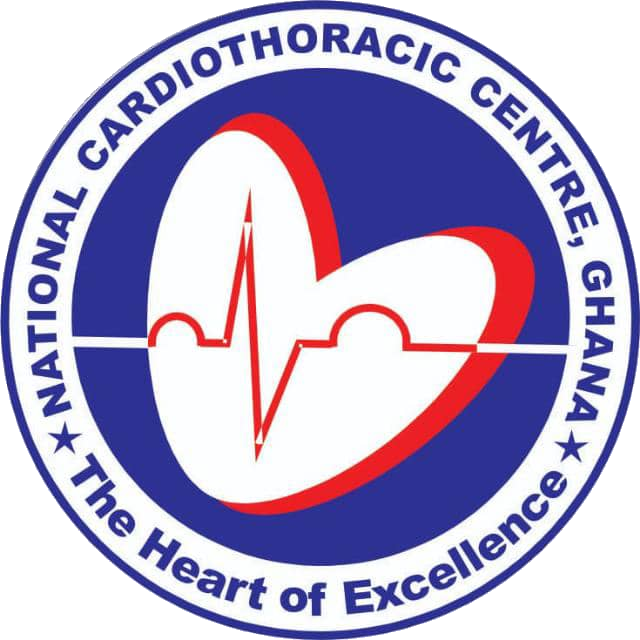Electrocardiogram (ECG)

An ECG (or EKG) is a quick test where you are hooked up to some wires for a few seconds. It checks for problems with the electrical activity of the heart.
What is it?
An ECG (or EKG) is a test that checks how your heart is functioning by measuring the electrical activity of the heart. Which each heartbeat, an electrical impulse (or wave) travels through your heart. This wave causes the muscle to squeeze and pump blood from the heart. A doctor can determine if this electrical activity is normal or irregular. An ECG may be recommended if you are experiencing arrhythmia, chest pain, or palpitations. An abnormal ECG result can be a warning sign for a number of different heart conditions.
Why is it done?
To detect abnormal heart rhythms that may have caused blood clots to form.
To detect heart problems, including a recent or ongoing heart attack, abnormal heart rhythms (arrhythmias), coronary artery blockage, areas of damaged heart muscle (from prior heart attack), enlargement of the heart, and inflammation of the sac surrounding the heart (pericarditis).
To detect non-heart conditions such as electrolyte imbalances and lung diseases.
To monitor recovery from heart attack, progression of heart disease, or effectiveness of certain heart medications.
To rule out hidden heart disease in patients about to undergo surgery.
How long does it take?
5-15 minutes
How to prepare:
No special preparations are necessary. However, avoid exercising immediately before an electrocardiogram.
Please Feel Free to Contact us
For Emergency Case
